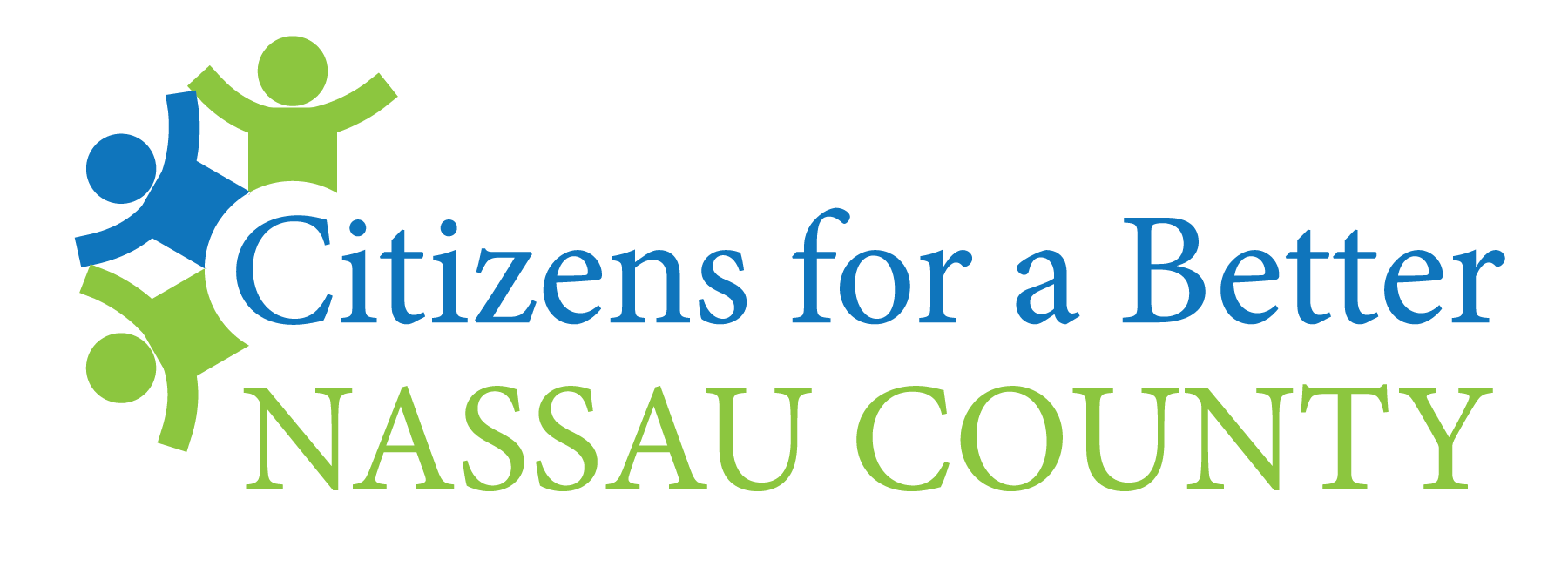Picture for a moment this scenario: Nassau County is in good financial shape. It took advantage of low-interest rates to bond for large, long-lived capital purchases instead of burdening existing taxpayers using cash. Because of this, the county maintains a large reserve in the bank for natural disasters or economic changes. In addition to this, the county heeded warnings from third-party, independent sources that being too reliant on residential property taxes to fund government services is pushing the county toward a financial meltdown. To combat this, they fully committed to supporting economic development and creating a broad and diverse tax base to serve as a significant source of county income instead of relying on residential property taxes and other sources, like gas and sales taxes. The county also responsibly planned and addressed capital needs and aging infrastructure promptly, putting together a fully funded capital improvement budget for the next five years. Because the county did all of this, they are set up to weather financial impacts of the pandemic and are not finding themselves hard-pressed to find other, new resources to generate county income.
Unfortunately, this rosy picture we’ve painted above is not where Nassau County currently stands. Our county leaders, for the most part, didn’t do any of the things mentioned above. Instead, they ignored the warnings given by third-party, independent sources that their financial decisions would have negative consequences in the long term.
